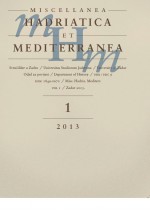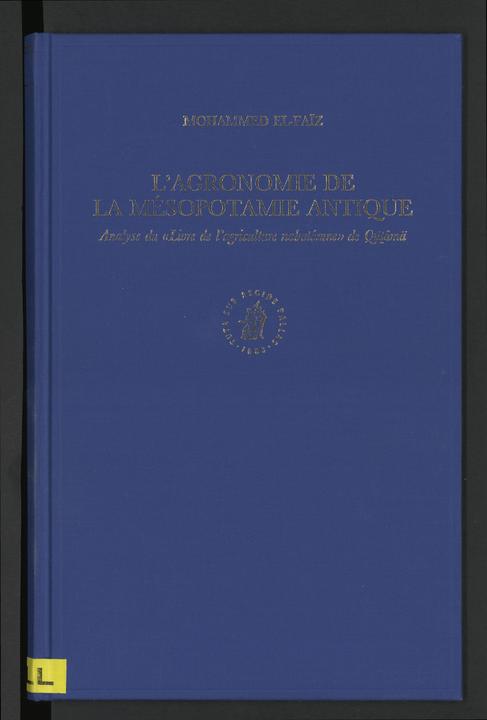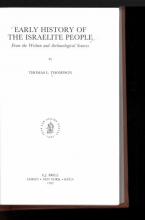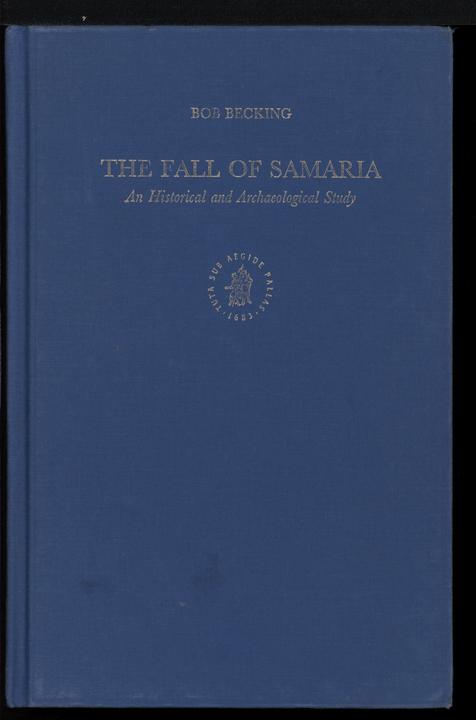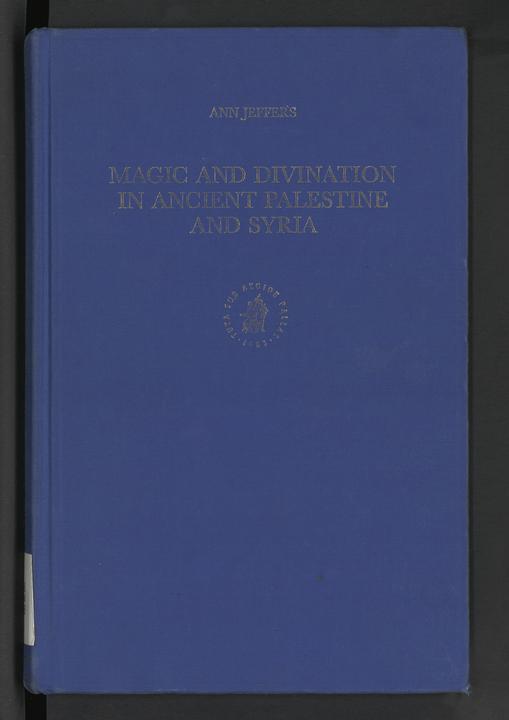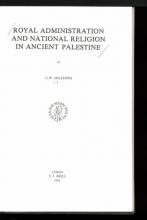Miscellanea Hadriatica et Mediterranea
ISSN 1849-0670 (Print)
Journal Miscellanea Hadriatica et Mediterranea published by Department of History, University of Zadar, publishes papers in history and similar scholarly disciplines dealing with the Adriatic and Mediterranean topics, as well as reviews of works dealing with these topics.
All articles go through a quality control system (double-blind peer review) before publication.
This journal does not charge APCs or submission charges.
The journal has been published once in two years, but the intention is for it to be published once a year.
2019 Vol. 6 No. 1 2018 Vol. 5 No. 1 2017 Vol. 4 No. 1 2016 Vol. 3 No. 1 2015 Vol. 2 No. 1 2013 Vol. 1 No. 1
See AWOL's full List of Open Access Journals in Ancient Studies
